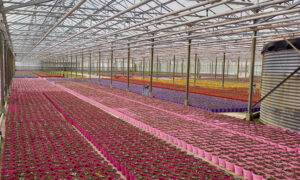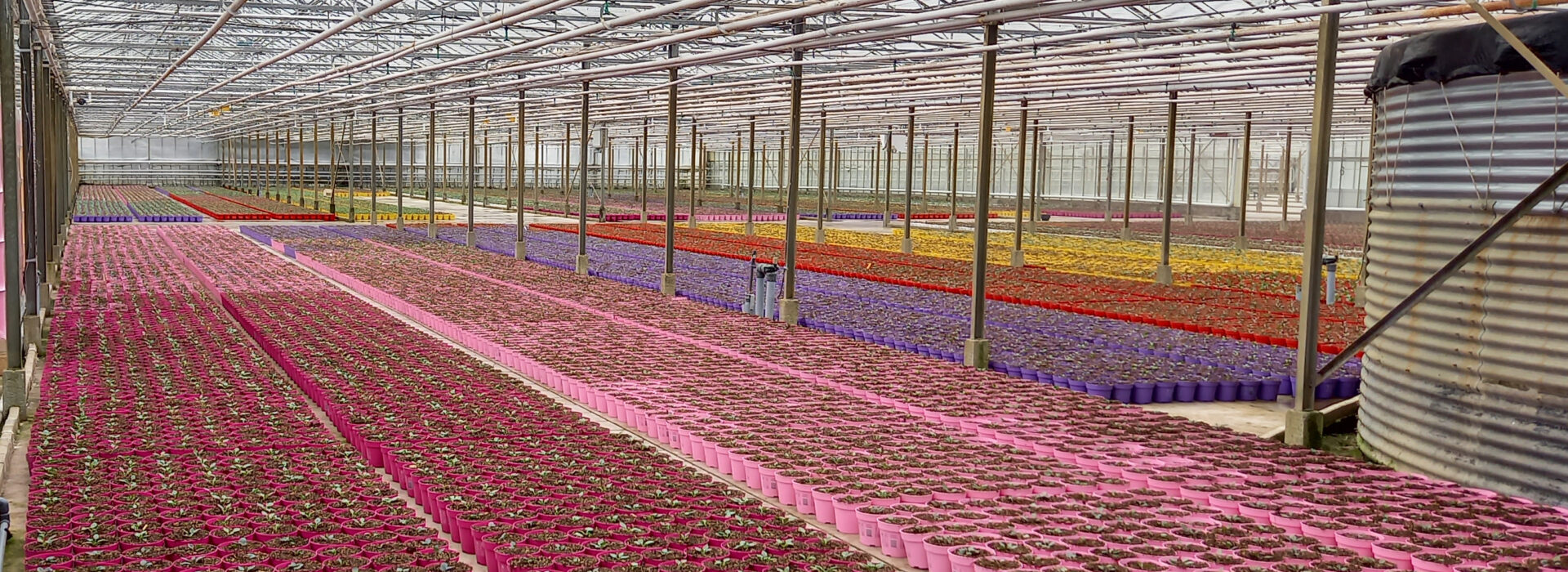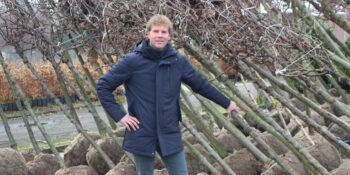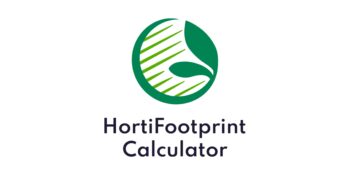JK Plant is a young family business that has been trading for almost thirteen years. The nursery has a diverse product range in the higher-end segment: year-round Monstera, Araucaria in the autumn and Dahlia and Canna in the spring. In growing their crops, they prioritise the environment as far as possible, says co-owner Joram Kuijvenhoven.

Joram Kuijvenhoven
“Our plants go all over Europe – Araucaria mainly to Scandinavia and most of our Dahlia to the UK, the Netherlands and Germany. But we have sales right across Europe,” says Kuijvenhoven. With such a diverse product range, it can be a challenge to ensure the climate conditions are right for each crop, but having multiple locations makes this entirely achievable.
Looking for alternative heat
When it comes to sustainability, the company does various things. They have a CHP (combined heat and power unit) that generates sustainable heat and supplies power back to the grid when necessary. They also have closed cultivation systems with double screens and water recirculation.
“Aside from that, we’re still looking for alternatives for our heat. Geothermal heat doesn’t add up for us – plus you end up with heat you don’t need in the summer, which is a waste. So we’re working with the province and TNO to look for alternatives.”
 Geckos, parasitic wasps and nematodes
Geckos, parasitic wasps and nematodes
JK Plant aims to grow organically as much as possible. “We all need to be mindful of nature and our fellow human beings; to me that’s just common sense. So basically, we do everything with biology – we only ever use chemistry on pests that can’t be controlled with biological means.”
For their crop protection they use the “standard” biological package with parasitic wasps, nematodes and the like. A recent addition to this armoury comes in the form of geckos. “We use them on pests that we occasionally have trouble with. So far they have been doing a good job, although we will have to try them out for a year before we really know whether the gecko is a keeper.”
Sharing insights with MPS
JK Plant is MPS-ABC, MPS-SQ and MPS-GAP certified and has had its footprint calculated via MPS. “We are also in a focus group that shares insights with MPS. For example, we can tell them our opinion on innovations in certification schemes.”
Kuijvenhoven mentions one of the innovations he would like to see: “More collaboration with other certification organisations and requesting parties that have requirements. MPs is a great organisation – they’re very helpful if we have questions and they’re easy to reach – so it would make sense to bring as much as possible under that umbrella.”



